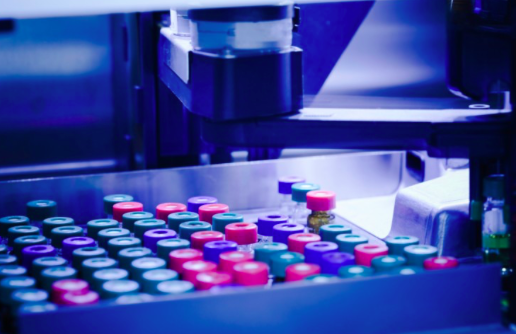Each bioanalytical testing facility conducts millions of tests and measurements daily. The results from these tests are critical for important decisions such as supporting healthcare, evidence in criminal cases, quality testing of pharmaceuticals and food products, etc. Every aspect of drug discovery and development is supported by bioanalytical assays such as the ELISA assay method for large molecule bioanalysis.
The working expenditure of bioanalytical testing is high. Besides, additional resources and costs may arise due to bad decisions made daily. Hence, ensuring assay reliability is crucial for instilling confidence in the generated results. Assay validation ensures reliable, reproducible, and accurate results. The current article discusses the importance of assay qualification and validation for laboratories, such as assay development service providers.
Significance of assay validation in research laboratories
The primary goal of pharmaceutical companies and drug developers is to produce drug compounds with the necessary quality, reliability, and characteristics in a cost-effective way. The reliability of experimental findings is of great significance in driving a drug compound from the initial developmental stage to clinical trials and post-marketing stages.
Reliable bioanalytical assays are necessary to comply with national and international recommendations. Hence, bioanalytical laboratories should comply with these regulations and ensure they can deliver results with the required quality and accuracy. As assay validation will ensure reliability and accuracy, it has become an essential element of chemical analysis, receiving considerable attention from regulatory agencies and the industrial community.
Validation primarily means evaluating validity or proving the effectiveness of a particular method. Validation is not an individual effort. It involves experts from different disciplines. Method validation establishes documented evidence, offering higher assurance that the assay meets all requirements for the intended purpose. Today, method validation often focuses on the fit-for-purpose approach. This method of approach ensures that the developed bioanalytical assay is appropriate concerning its intended role, cost, time, uncertainty, etc. Besides, the final document of assay validation has all the analytical data that customers can readily use to interpret and draw necessary conclusions.
Must Read: ELISA Method in Food Safety Testing: Detecting Allergens and Contaminants
The primary significance of assay validation is that it generates repeatable and reliable results for routine and stability analysis. This aspect of assay validation is critical, especially in accreditation and quality management. Besides, the concept of assay validation has evolved through the years, where multiple activities are incorporated into method validation, including drug quality control, process control, pharmaceutical engineering, and computerized clinical trial systems.
Conclusion
Bioanalytical testing laboratories must use fully validated and well-characterized assays to generate reliable results while assessing the registration batch and stability testing samples. Besides, scientists and researchers should focus on individual analytical assays as it has their elements, which may vary from one analyte to another. In such cases, they may have to develop specific validation parameters for each analyte of interest. Furthermore, the feasibility of the bioanalytical assay may also depend on the final study objective. Also, samples tested at multiple sites may require validation of the analytical methods for different parameters and sites.



Pingback:Blood Cytokines Measurement With Multiplex Immunoassays